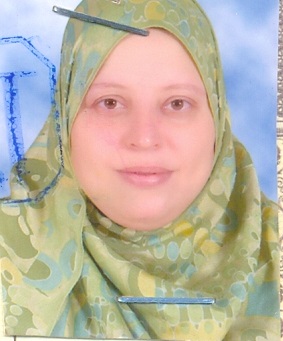Abstract: Background: Acute lung injury Patients may require mechanical ventilation to survive, Chest physiotherapy and Recruitment maneuvers are two methods that improve respiratory efficiency, re-inflate collapsed regions , promote lung mechanics , reduce occurrence of pulmonary complications. Aim: This study was carried out to investigate the effect of chest Physiotherapy and recruitment maneuvers on lung mechanics and pulmonary complications among mechanically ventilated patients with Acute Lung Injury Design: Quasi-experimental research design. Hypothesis: The mean arterial blood gases values, oxygen saturation readings, lung compliance, chest infection and length of ICU stay of the study group will be better than those of the control group . Setting: The study was carried out in trauma intensive care units at Assiut university hospital. Subjects convenience sample of 60 matched patients and randomly assigned into two equal groups diagnosed as having an acute lung injury, coma scale ≥ 13, on mechanical ventilation . Tool: acute lung injury mechanically ventilated patient assessment sheet were utilized to collect data. Methods: Each patient of the study group subjects were exposed in addition to routine hospital care to two sessions/day of chest physiotherapy& recruitment maneuvers until disconnection from mechanical ventilator. However control group subjects were exposed to the routine hospital care only, both groups were monitored 3 times/day. The control group subjects were evaluated in the same way as the study group subjects. Results: Finding of the present study revealed a significant statistical differences (P<0.001) between both groups in relation to improvement of oxygenation ,arterial blood gas ,length of ICU stay, mechanical ventilator parameters among study group compared to control group subjects ,thus research hypotheses cane be supported. Conclusion: Combining Chest physiotherapy and Recruitment maneuvers are of great values for improvement of respiratory efficiency, lung mechanics and consequencely pulmonary complications. Replication of the study on larger probability sample is recommended. .

